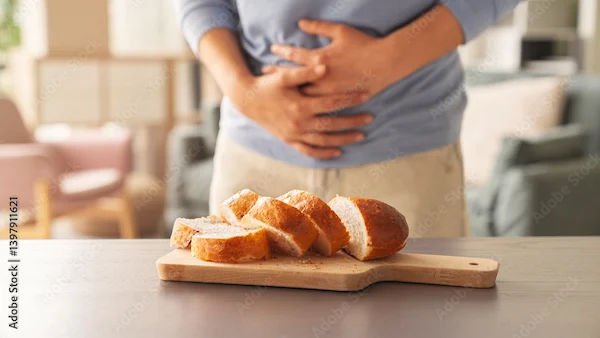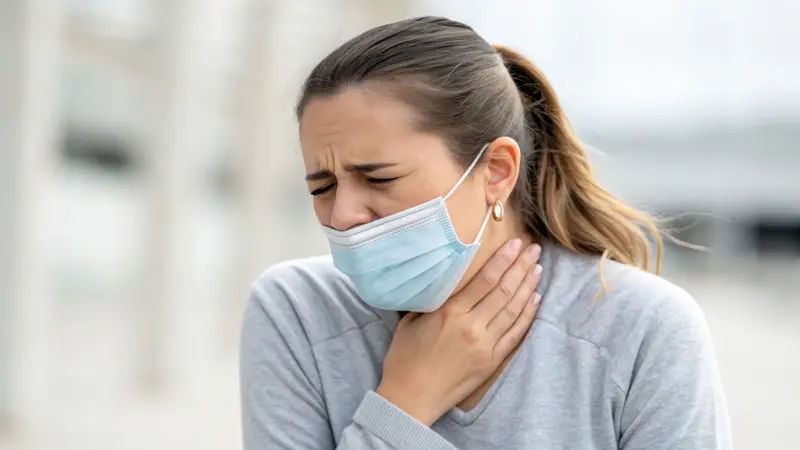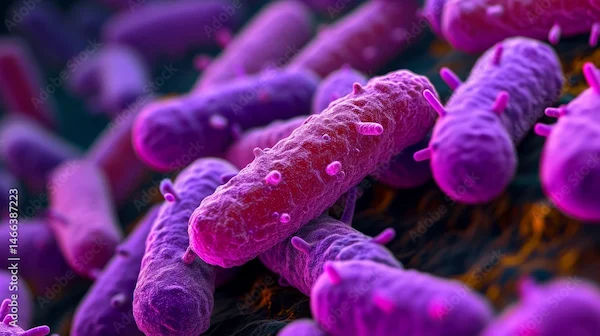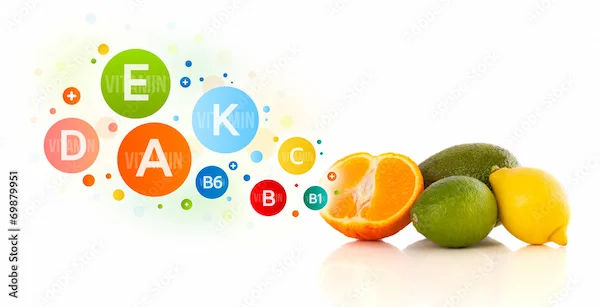- male
- 45 Years
- 29/01/2025
I'm really concerned about my dad. He's been admitted to the hospital with dengue and typhoid, and his platelet count has dropped to 65,000. They're giving him sodium chloride fluids, ciprofloxacin injections, and Caripill three times a day. I'm just wondering, does this sound like the right treatment for his condition? Is there anything else that should be done?
Answered by 1 Apollo Doctors
-I'm sorry to hear about your dad's condition. The treatment seems to include standard care for dengue and typhoid, with fluids and antibiotics like ciprofloxacin. However, platelet count should be monitored closely, and other treatments may be necessary
Answered 04/07/2025
0
0

More General Physician/ Internal Medicine Health Queries
View allI've been having this sharp pain on the left side, just above my rib cage, for a couple of days now. It's really bad when I sneeze or breathe too hard, and now it's even moved to my back. Should I be worried about this, or is there something I can do to ease the pain?
The sharp pains on the left side above the rib cage, exacerbated by sneezing or breathing heavily, and radiating to the back, could be indicative of a musculoskeletal issue, such as intercostal muscle strain or costochondritis, or potentially a gastrointestinal problem consult md medicine
Answered by 1 Apollo Doctors
I've been feeling pretty awful for the past couple of days, like I've got this constant headache, and my body just feels so weak and tired. It's like I've got chills one minute, then I'm all tingly and aching all over the next. I can't seem to get comfortableI'm freezing sometimes and then super hot, and I've been sweating a lot. To top it all off, last night I threw up this really bitter yellow fluid. It's starting to worry me. Any idea what's going on with me?
You'll need some further investigations and a tweak in your medication
Answered by 1 Apollo Doctors
Not feeling well for the past couple of days, got this fever and feeling cold too. I tried taking a Sumo tablet, but it doesn't seem to help. Any suggestions on what I could do or take to feel better?
That could be flu,consume healthy food and take rest it will heal with time,if its becoming worse,visit Physician for appropriate help
Answered by 1 Apollo Doctors
Disclaimer: Answers on Apollo 247 are not intended to replace your doctor advice. Always seek help of a professional doctor in case of an medical emergency or ailment.





